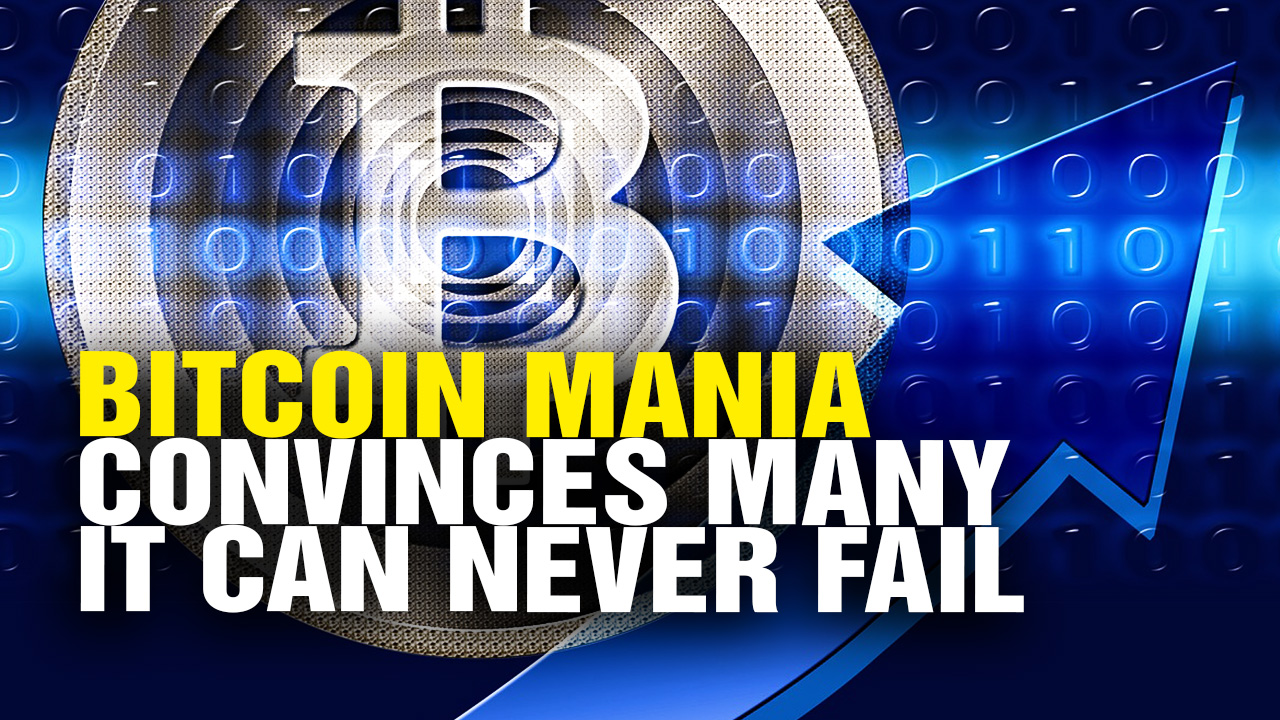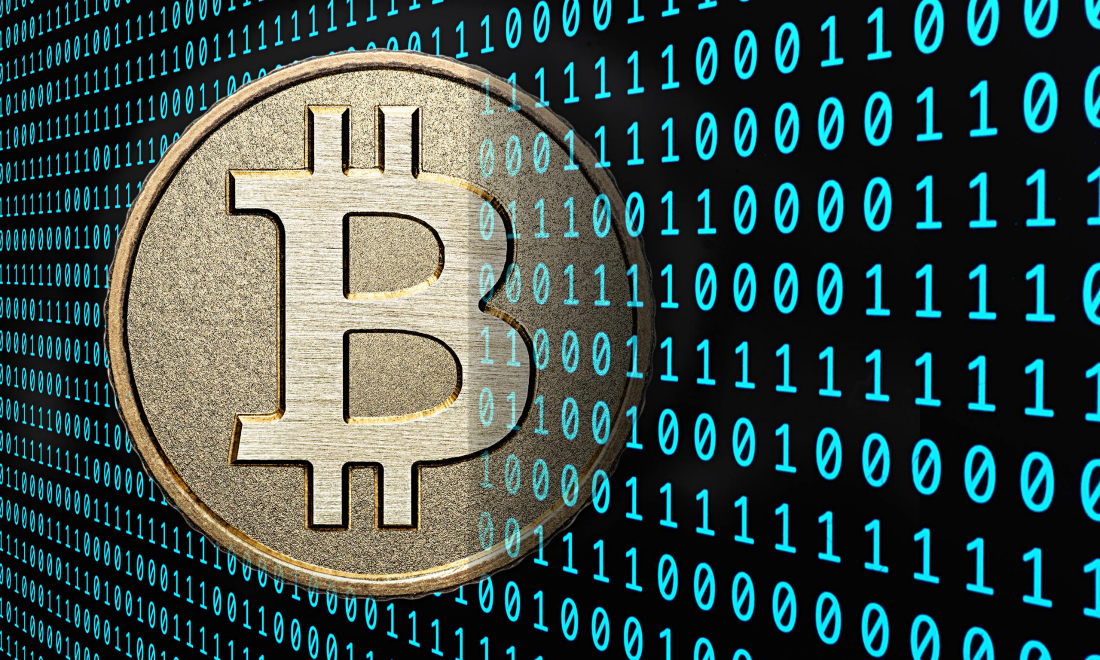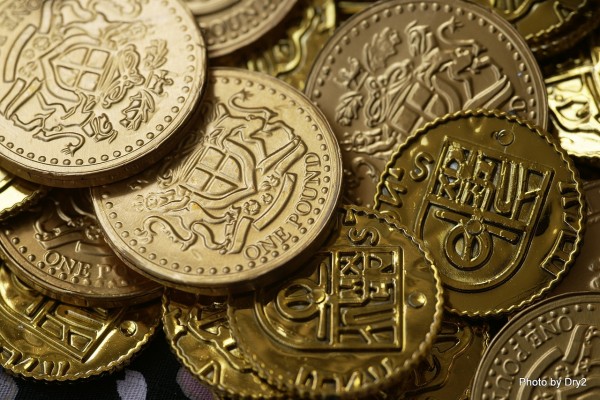With its meteoric rise in value unlike anything the investment world has ever seen, Bitcoin has become quite the hot commodity of digital ones and zeros among millions of eager investors looking for a safe haven from fiat currency instability. But will it last? Not according to Dominic Frisby of Gold Core investment group’s Money Week column.
He believes that, despite its limited supply and global adoption, Bitcoin represents a type of mania in which people who have no idea what they’re doing are jumping on the bandwagon looking for easy money. Even as Bitcoin grows stronger and stronger, Frisby says that people need to be careful – yes, even those who have already made a lot of money from holding it as digital currency.
Frisby tells the story of a longtime friend who recently wrote him asking about Bitcoin, and whether or not he thinks its a good investment bet. Clearly, the time is now to stock up on Bitcoin, seeing as how it rose in price from around $700 back in January of 2017 to nearly $20,000 today, right? Not so fast, warns Frisby.
“There is a bubble of people calling bitcoin a bubble,” writes Frisby, noting that he isn’t quite ready to say that it’s reached maximum size. “Normally bubbles end when the shoe shine boy gets in. This one is the other way round. The shoe shine boys got in early. This one will pop when the institutions get in.”
Frisby says it’s a case of reverse psychology, in which those on the “outside” of the financial system – the everyday “Joes” – saw the appeal of an alternative, decentralized money system in which governments have no control over its issuance or quantity. It’s an exciting prospect for many people to no longer have to worry about the scam of central banking, and how the endless printing of fiat currency is degrading the value of the dollar – something that doesn’t happen to cryptocurrencies like Bitcoin.
“Playing this bull market, a bit like voting for Brexit or even Trump, is a bit like getting one back,” he explains. “There was a similar trait common amongst gold bugs in that bull market. ‘Haha! Screw you, establishment! Your money system’s going to die. We are the new millionaires!’ The more bitcoin has risen, the more this narrative has taken hold.”
So what could possibly go wrong? Well, in Frisby’s view, the “mania” will at some point have to come to an end. For all of the massive gains that many people have seen from Bitcoin, Frisby predicts that these will eventually turn into massive losses – resulting in panic among folks who’ve never before suffered a “bear” market.
Frisby also doesn’t trust the cryptocurrency infrastructure, i.e. the point of transfer through which people exchange back and forth between fiat and crypto. While the technology is ever-improving, Frisby doesn’t trust that it’ll hold up in the long term, which could mean that people will have trouble trading.
“The deeper you’re into crypto – perhaps you’re into monero or dash or some other altcoin – the harder it will be to get out into fiat,” he says. “The diehards will tell you you never need to leave crypto. That may be so, but many will not feel the same way in a bear market. If there is a rush into the arms of fiat, the point of transfer from crypto to fiat is where the issues are going to be.”
Right now, plenty of people are interested in buying Bitcoin, so the price will likely continue to increase. But should that change, everything will flip into reverse, says Frisby, which is why he recommends that folks learn how to start selling small amounts of Bitcoin now in order to avoid a panic exit later on down the road.
Sources for this article include:
GoldCore.com
NaturalNews.com










